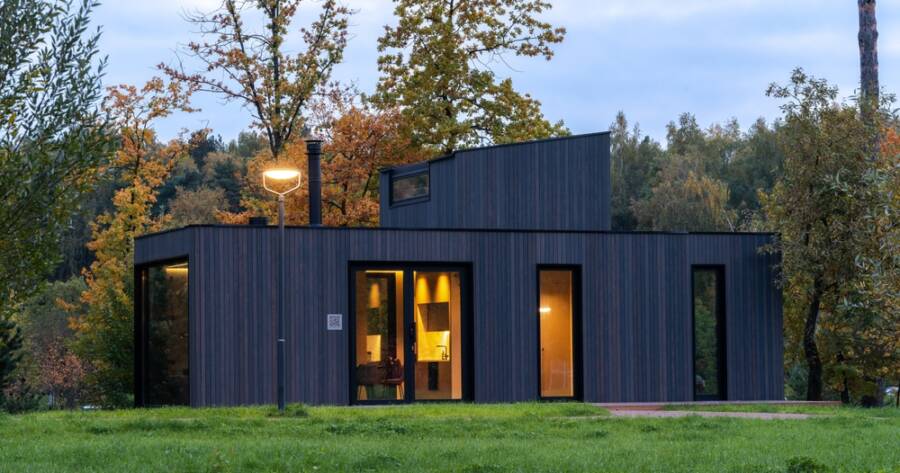Modular homes offer a unique and efficient approach to home construction, combining quality with affordability. Their customizable designs and faster build times make them an appealing choice for many homebuyers. Discover the benefits of modular homes today!
What Are Modular Homes?
Modular homes are prefabricated structures built in sections or modules in a factory setting. These modules are then transported to the building site and assembled on a permanent foundation.
Unlike traditional homes, which are constructed entirely on-site, modular homes offer a streamlined building process that can significantly reduce construction time. Recent advancements in technology and building materials have enhanced the quality and durability of these homes, making them a popular choice among homebuyers.
Benefits of Choosing Modular Homes
One of the primary advantages of modular homes is their efficiency in construction. The factory setting allows for better quality control and minimizes delays caused by weather or labor shortages.
Additionally, modular homes are often more environmentally friendly, as they generate less waste during the building process. Recent studies indicate that modular construction can lead to a smaller carbon footprint compared to traditional building methods.
Save Money with Modular Construction
Modular homes can be a cost-effective option for many buyers. The streamlined construction process often results in lower labor costs and reduced material waste, which can translate to significant savings. 1
Furthermore, the shorter build time means that homeowners can move in sooner, potentially saving on temporary housing costs. Recent market trends show that modular homes can be more affordable than their traditional counterparts, making them an attractive option for budget-conscious buyers.
Tailor Your Modular Home to Fit Your Needs
Modular homes offer a variety of customization options, allowing buyers to design a space that meets their specific needs and preferences. From floor plans to finishes, the flexibility in design is a significant draw for many.
Recent innovations in modular construction have expanded the range of available styles and features, enabling homeowners to create unique living spaces that reflect their personal tastes.
Enjoy Lower Utility Costs
Modular homes are often built with energy efficiency in mind, featuring high-quality insulation, energy-efficient windows, and airtight construction. 2 These features help maintain a stable indoor temperature, reducing the need for excessive heating or cooling.
Additionally, many manufacturers offer options for integrating solar panels, smart thermostats, and energy-efficient appliances. This focus on energy conservation not only benefits the environment but also translates to lower utility bills for homeowners over the long term.
Built to Withstand the Elements
Constructed in a controlled factory environment, modular homes benefit from strict building standards and regulations. The materials used are carefully chosen for their strength and durability, ensuring the home can endure various weather conditions.
Each module is engineered to withstand the stresses of transportation, often making them stronger than traditional on-site builds. This robust construction can provide homeowners with peace of mind, knowing their home is designed to last for decades with minimal maintenance.
Learning More About Modular Homes
Exploring the world of modular homes reveals a wealth of information regarding their construction, benefits, and customization options. As the housing market continues to evolve, modular homes stand out as a viable and innovative solution for modern living.
With ongoing advancements in technology and design, potential homeowners can find a modular home that not only meets their needs but also aligns with their values, such as sustainability and cost-effectiveness.

